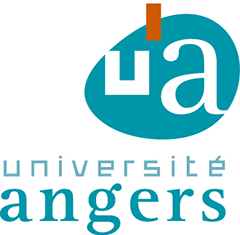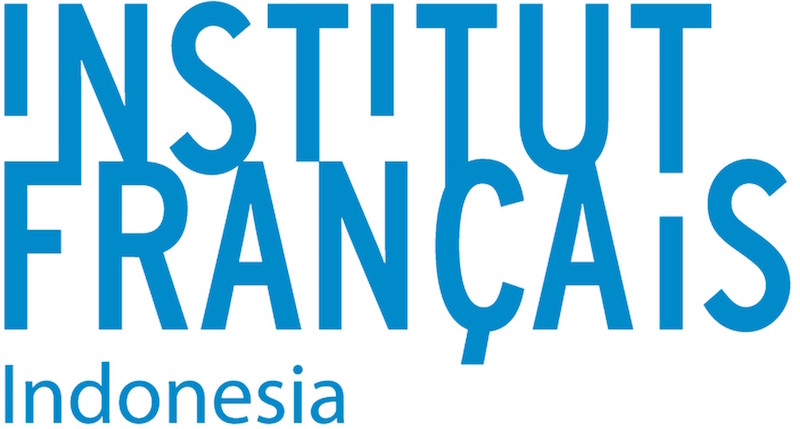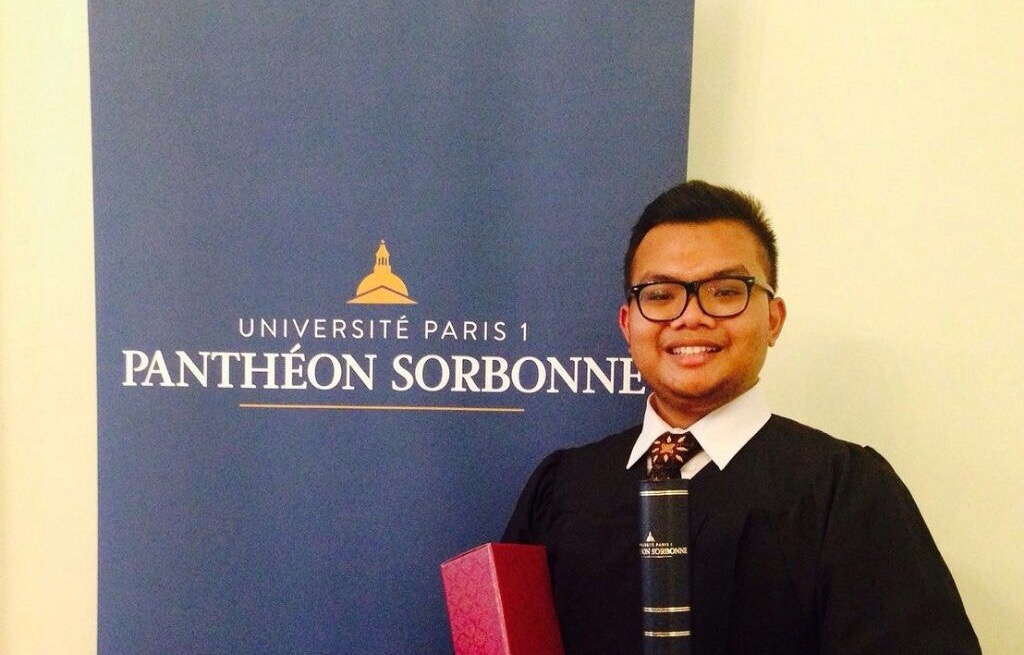
Study in Université d’Angers
Last edited on 06 Feb 2026
The University of Angers harks back to a very long history of universities in the city.
By 1080, the “Studium” or the School of Angers was already a renowned scholarly institution. It received the title “university” in 1356, and in 1364, Charles V granted the university its autonomy and privileges. The fi rst statutes were drawn up in 1373. By 1450, the university had colleges in Law, Theology, Arts and Medicine, which attracted students from the whole of France. Sharing the fate of other universities, it was abolished during the French Revolution. Angers remained an important focus of intellectual and academic activity, and higher education persisted, with free, public courses in Medicine as early as 1796, and with the creation of the School of Medicine of Angers in 1807.
"... et professionnalisantes Chaque année après la L1, les étudiants sont confrontés à la réalité et acquièrent de l’expérience par un stage de longue durée (3 mois minimum). Tout au long du cursus, semestres de cours et stages se succèdent : un étudiant ayant suivi un master complet à l’UFR ESTHUA Tourisme et Culture bénéficie au minimum de 16 mois d’expérience professionnelle ! Études de cas de terrain, intervention de professionnels en cours participent ainsi à la professionnalisation."







![Jajaran Universitas Prancis di EHEF 2018 [Updated] Jajaran Universitas Prancis di EHEF 2018 [Updated]](https://ehef.id/storage/app/uploads/public/5bd/821/7dc/5bd8217dcfb3e765006808.png)
